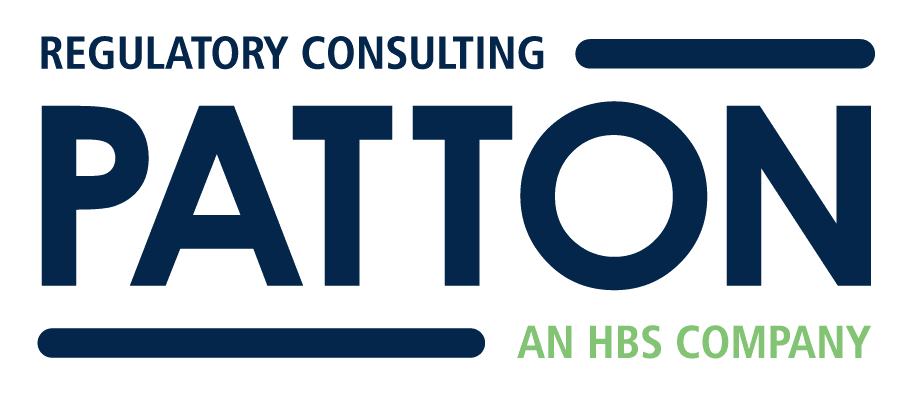What’s the status of USP chapters 797 and 800? A recent TJC blog and Joint Commission Online post provided new insights. This overview details where USP 800 stands today and how it may evolve in the future.
USP 800 – Where It Stands Today
With many appeals pending, USP Chapter 797 is undergoing further analysis. In fact, the planned implementation date has long passed with no new date yet announced. Further, since USP Chapter 800 is enforceable only under USP Chapter 797 v2019, for now, Chapter 800 is advisory only.
In their blog, TJC mentions that some organizations have already undertaken renovations to become compliant with USP Chapter 797 v 2019. The good news is that if you have taken these steps the majority of changes you made should be compliant with the older 2008 version. But here’s the bad news. There is one exception that covers segregated compounding areas (SCAs).
An SCA is a room with an ISO class 5 primary engineering control (PEC). Yet it doesn’t have any secondary engineering controls or special HEPA filtration of room air. The 2019 version of USP 797 allowed compounding Category 1 sterile products in the SCA. What’s more, products made in these rooms have only 12-hour (room temperature) or 24-hour (refrigerated) beyond use dates due. But Category 2 sterile products can have longer expiration dates. That’s because they are made in a primary engineering control (PEC), surrounded by a secondary engineering control
Categories of sterile products in the 2008 version of USP Chapter 797 differ. They were not based on the conditions under which they were made. Instead, it depended upon the complexity of the compounding process. In the 2008 version of USP Chapter 797, it only allowed making sterile compounds called “low risk” in an SCA. What is low risk? It’s defined as three or fewer compounds manipulated into a final product. Further, you could not prepare medium risk sterile compounds in an SCA per USP Chapter 797, v 2008.
Changes Caused By COVID-19 That Impact USP 800
But, that changed during the COVID-19 national emergency. USP issued interim guidance to organizations. It allowed medium risk compounding in an SCA with up to 12-hour dating at room temperature or 24 hours under refrigeration. Equally important, we expect this exemption to end when the national emergency ends. You can learn more here in this USP resources information.
Furthermore, the TJC blog discusses USP Chapter 800, which some organizations have put in place. If you have implemented USP Chapter 800, TJC states they will evaluate “portions” of it. In fact, TJC suggested some portions would be applicable. Because they stated it was “not limited to” we refrained from duplicating that content here. To better understand this issue about what is applicable, we suggest reviewing the USP guidance on this subject here.
The USP guidance is fairly clear that the administration portion of USP chapter 800 is not compendially enforceable as it is not associated with compounding as described in Chapter 797 or 795. We were unclear what TJC meant in their blog and on Joint Commission Online, so we asked. TJC confirmed they will not evaluate the safeguards called for in Section 14 of the USP Chapter 800 on the administration of hazardous medication with one exception. If ithe requirements were adopted by hospital policy.
Must & Should Requirements
We encourage readers to take a look at the multiple “Must” requirements in that section and the one “Should” recommendation. The “Must” requirements include things such as:
- Wearing protective PPE
- Using closed system transfer devices for antineoplastics when the dosage form allows
- Handling used gowns worn during administration as trace hazardous waste
These all appear to be reasonable safeguards that protect staff administering hazardous medication. In addition, the guidance from USP Chapter 800 is consistent with OSHA and NIOSH expectations for employee safety when handling hazardous medications or substances.
If this was not complex enough already, there is another enforcement agency to consider. It’s your state’s board of pharmacy. In fact, state regulations may be more stringent. And, your organization is expected to be compliant with those more stringent requirements. In addition, if state regulations are more stringent, TJC would survey to the more stringent expectations.
Patton Healthcare Consulting
Patton Healthcare Consulting can help you navigate the new normal. Our new remote consultation “Comprehensive Hybrid Readiness Review” is a hybrid remote/onsite support program. It is designed to assist with assessment and education to meet your needs going forward after this national emergency.
In addition, we understand the need for assistance without disrupting your organization or extensive costs. That’s the specific purpose of this program. Contact us at (888) PHC-INC1 for more information or email us at ExpertAdvice@PattonHC.com.


 Discrepancies Between Preoperative & Postoperative Diagnosis
Discrepancies Between Preoperative & Postoperative Diagnosis
Leave a Reply